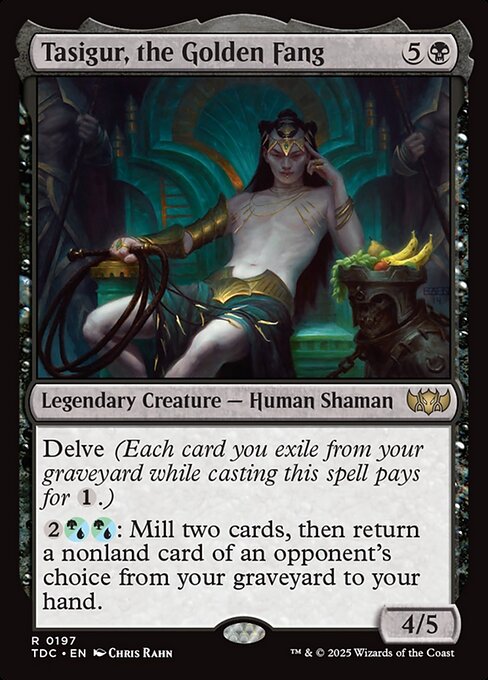Deck & Commander Strategies
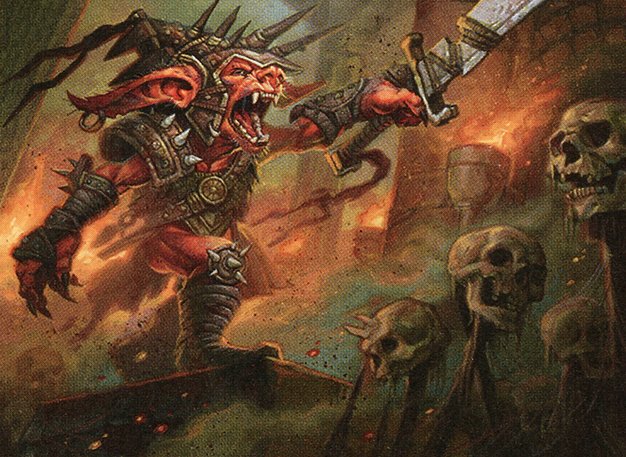
Rograkh, Son of Rohgahh
Aggressive red-based combo and artifact synergy deck aiming to generate large amounts of mana quickly and leverage powerful red spells and fast mana artifacts to close out the game.
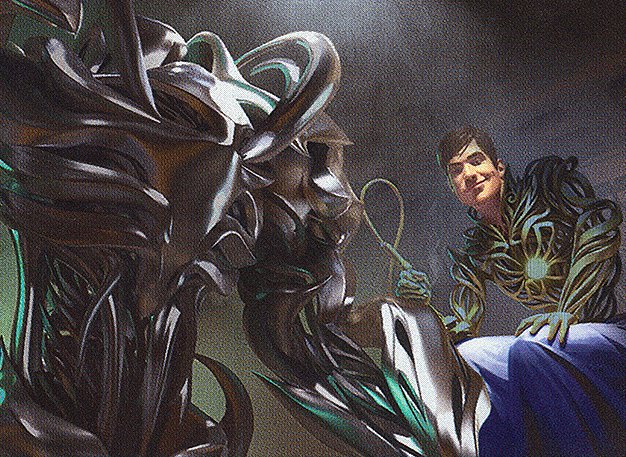
Silas Renn, Seeker Adept
Artifact toolbox strategy focused on recurring key artifacts from the graveyard, controlling the board state with disruption, and assembling combos using artifact synergies.

Tasigur, the Golden Fang
Control-combo deck that uses delve and graveyard recursion to generate card advantage, disrupt opponents, and find combo pieces to win through incremental value and powerful interactions.
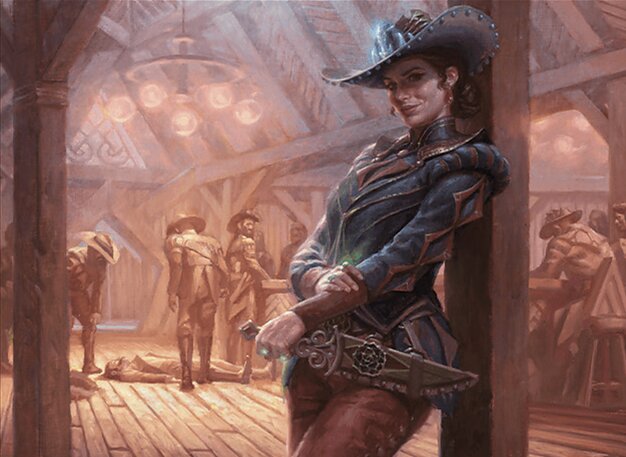
Marchesa, Dealer of Death
A midrange strategy focused on +1/+1 counter manipulation, resource denial, and recurring creatures to maintain pressure while using political disruption and combo potential.
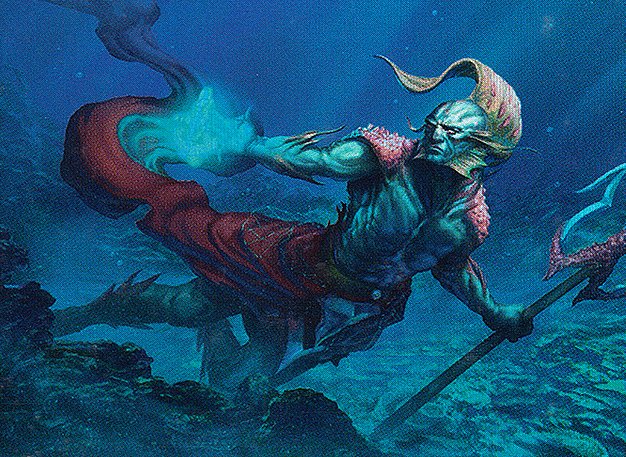
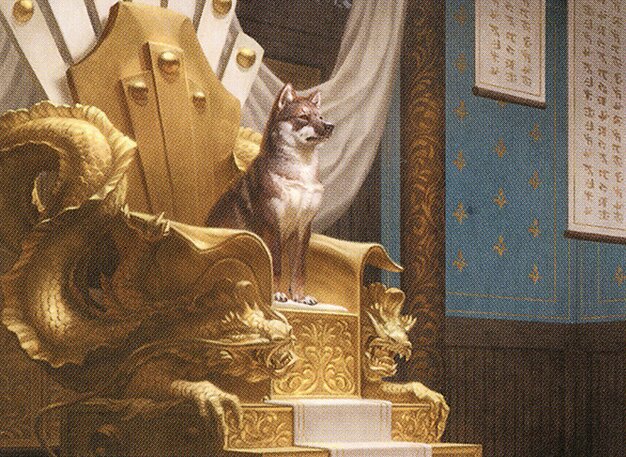
Thrasios, Triton Hero / Yoshimaru, Ever Faithful
A partner combo-control deck leveraging Thrasios’s card advantage and Yoshimaru’s counters to build incremental board presence, fetch important combo pieces with Wargate, and protect key permanents with The One Ring.
Gameplay Insights
- 1
Using Training Grounds to reduce commander activation costs was crucial for enabling repeated use of powerful abilities.
- 2
Phantasmal Image copying key combo pieces helped protect the combo line and maintain pressure.
- 3
The One Ring was used both for card draw and as protection to maintain board presence.
- 4
Players carefully timed their wheels and interaction spells to disrupt opponents' hands and combos.
- 5
The choice to phase out and the timing of casting Wargate were critical strategic decisions impacting mana availability and interaction potential.
Notable Cards
-
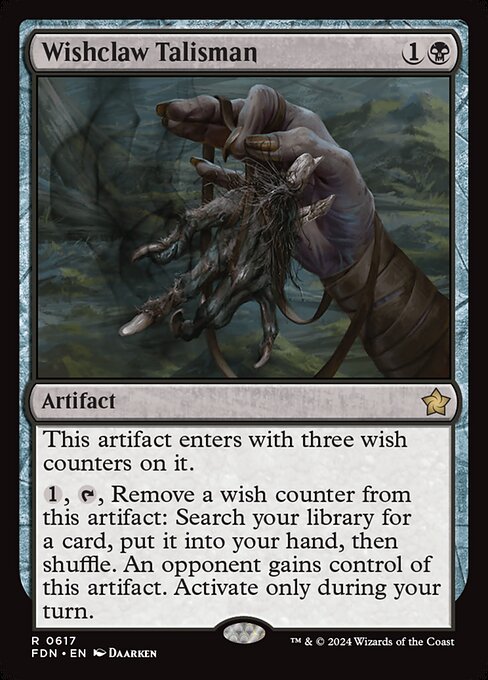
Wishclaw Talisman
-
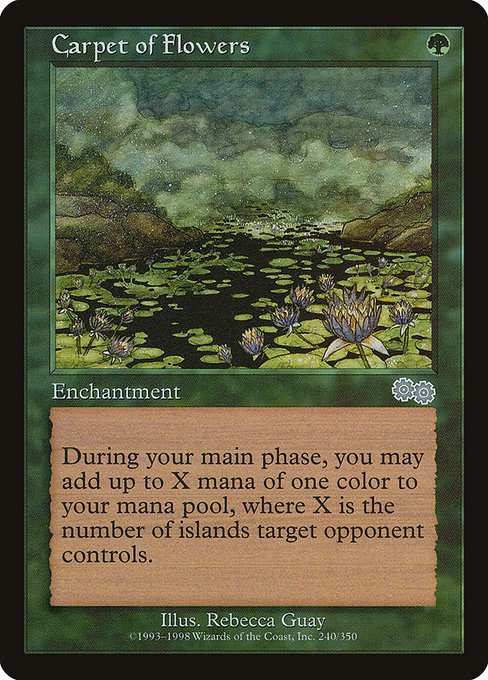
Carpet of Flowers
-
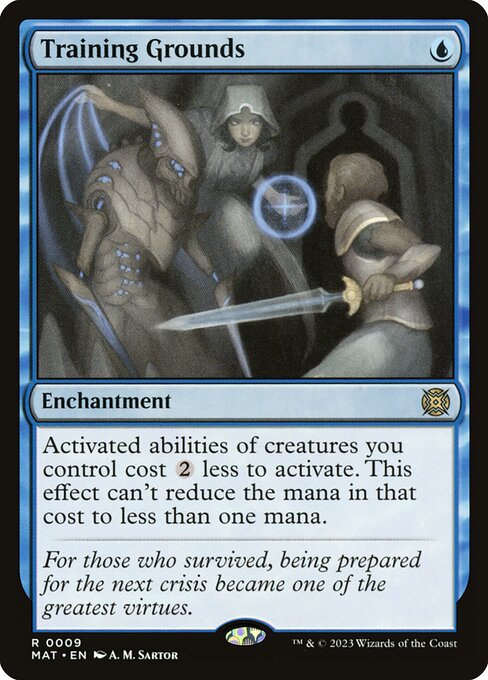
Training Grounds
-
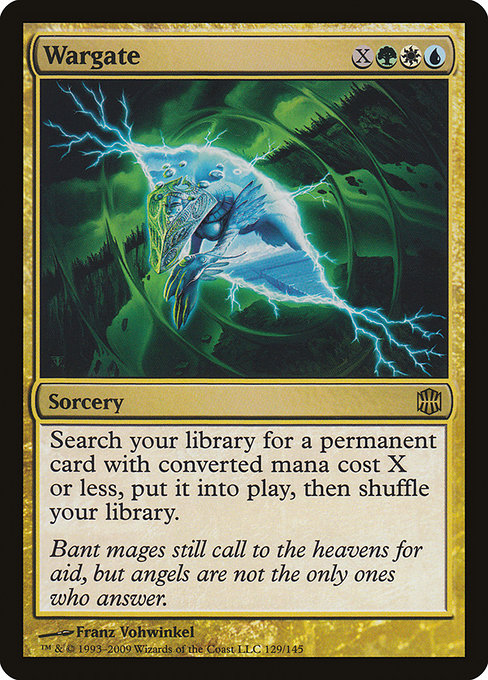
Wargate
-
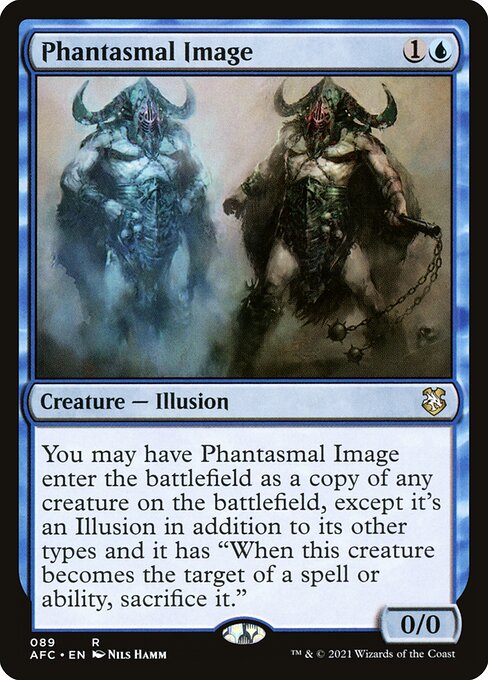
Phantasmal Image
-

The One Ring
-
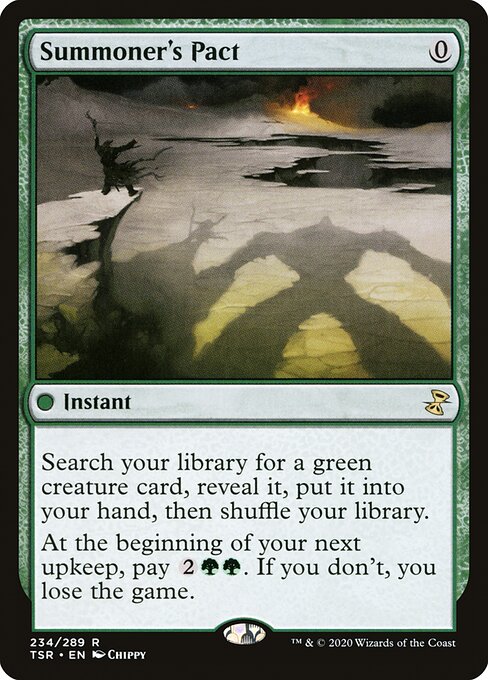
Summoner's Pact
-
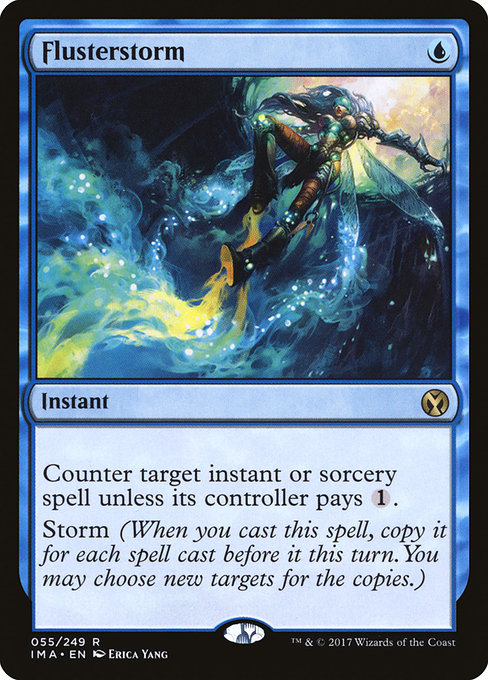
Flusterstorm
-
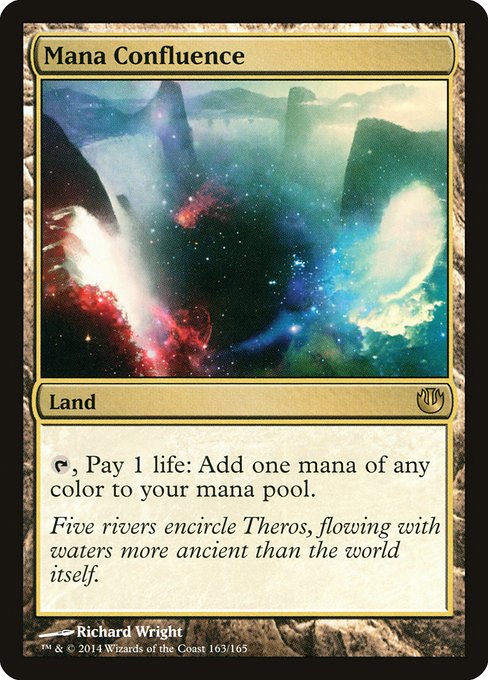
Mana Confluence
Gameplay Summary
The game began with each player developing their mana base and early board presence, with Rograkh, Son of Rohgahh and Silas Renn setting up ramp and artifact synergies, while Marchesa and Thrasios/Yoshimaru focused on card advantage and incremental value.
Early plays included Wishclaw Talisman, Carpet of Flowers, and various mana rocks, enabling quick development of their strategies.
Key moments included the casting of Ancestral Recall effects and multiple wheels of fortune, which reshuffled hands and changed the game state dramatically. A pivotal turning point occurred when Thrasios cast a Wargate for a low X value, fetching a Fantasmal Image to copy an important combo piece, and the use of The One Ring to generate card advantage and protect their board.
The interaction between players centered around managing and disrupting combos, with key responses including flusterstorming an Eternal Plunge and the tactical use of Phantasmal Image and counterspells.
The game progressed quickly with players leveraging Treasure tokens and aggressive resource generation to set up lethal combos or overwhelming board states.
Ultimately, the game showcased high-speed, intricate artifact and combo interactions typical of cEDH, with the players carefully balancing aggression, protection, and disruption.




